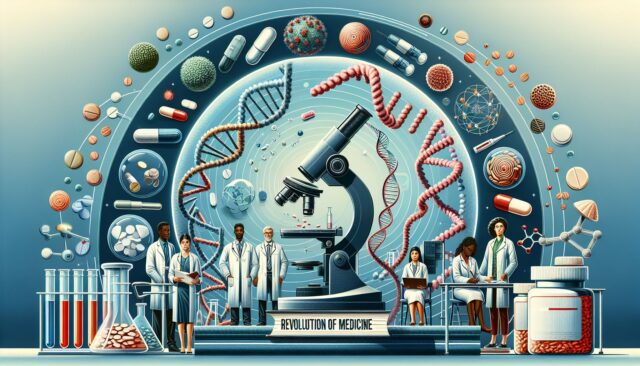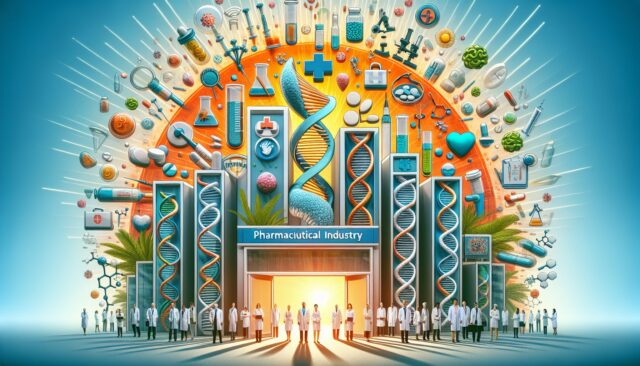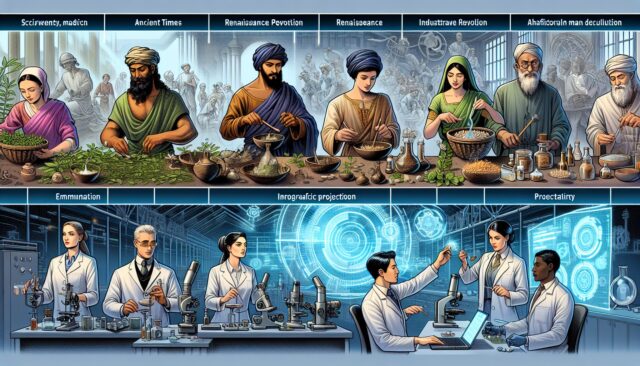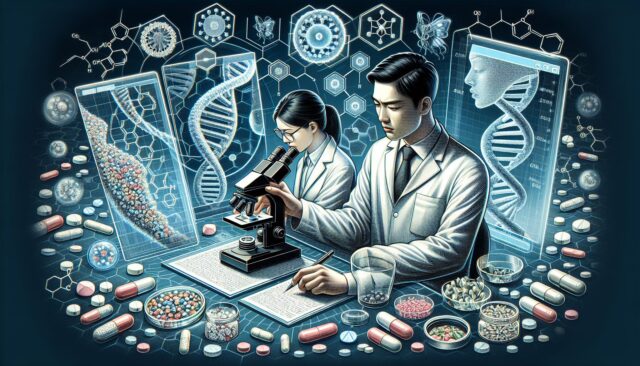The pharmaceutical industry plays a crucial role in advancing medical science and improving health outcomes for millions of people around the world. This multi-billion dollar industry is responsible for researching, developing, and manufacturing drugs that treat a wide range of illnesses and conditions.
In recent years, there has been a surge in the development of innovative new drugs that target specific diseases and conditions, thanks to advancements in technology and research methods. Pharmaceutical companies are constantly working to identify new drug targets, develop more effective treatments, and improve existing medications to better meet the needs of patients.
One of the key challenges facing the pharmaceutical industry is the high cost of developing new drugs. The process of bringing a new drug to market can take many years and cost billions of dollars. This cost is often passed on to consumers in the form of high drug prices, which can be a barrier to access for many patients.
Despite these challenges, the pharmaceutical industry continues to be a driving force behind medical breakthroughs that have saved countless lives. From antibiotics and vaccines to cutting-edge cancer treatments and gene therapies, pharmaceutical companies are at the forefront of innovation in medicine.
Another important aspect of the pharmaceutical industry is drug regulation and safety. Before a new drug can be approved for use, it must undergo rigorous testing to ensure its safety and efficacy. Regulatory agencies like the Food and Drug Administration (FDA) in the United States play a crucial role in ensuring that drugs meet high standards of quality and safety before they are made available to the public.
In conclusion, the pharmaceutical industry plays a vital role in improving healthcare outcomes and quality of life for people around the world. Through research, innovation, and collaboration, pharmaceutical companies are paving the way for a healthier future. While there are challenges and controversies surrounding the industry, it is clear that the benefits of modern medicine would not be possible without the contributions of the pharmaceutical industry.









